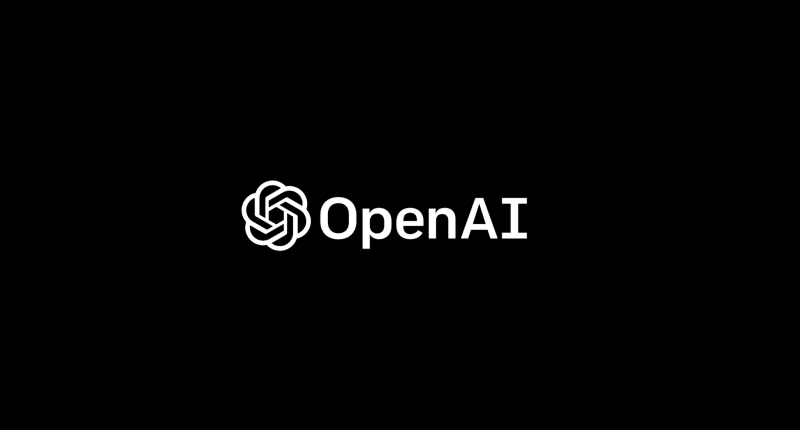If you are good at something, never do it for free. OpenAI seems to have taken these words to heart, at least so far as ChatGPT is concerned. And soon, you will be able to use the ever-so-viral AI-powered chatbot for work and professional purposes, if a tweet by OpenAI co-founder Greg Brockman is to be believed.
ChatGPT, widely considered as the revolution AI sector had been direly looking for, has been a free service so far, and has taken the internet by storm. Today, it can perform a multitude of functions, such as writing computer code, authentic-looking essays, and even emails. Folks around the world have used it for all sorts of uses, and ChatGPT has proven true to its worth, almost everytime. Now, the company is looking to bank on its swift popularity and monetize the chatbot to turn it into a steady source of revenue. The chatbot had over a million users as of early December 2022.
In an announcement on the company’s official Discord server, OpenAI shared that it was looking into ways to monetize ChatGPT as one of the methods to ensure its “long-term viability.” At this moment, the chatbot is burning a hole in its pocket, but this could change with the upcoming, experimental ChatGPT Professional. It will be interesting to see how it performs, given that the New York City Department of Education has already banned access to ChatGPT, while the International Conference on Machine Learning (ICML) banned authors from ChatGPT to write their scientific papers. This has triggered a debate of its own, but that is another story.
For now, OpenAI has shared a waitlist, inviting interested individuals to sign up for the paid, professional version of ChatGPT. Brockman, in a tweet, claims that ChatGPT Professional will offer high limits and faster performance of the popular chatbot. In a follow-up to a user’s question, he assured that ChatGPT Professional was not related to the usage of APIs (Application Programming Interfaces) in any manner.
Working on a professional version of ChatGPT; will offer higher limits & faster performance. If interested, please join our waitlist here: https://t.co/Eh87OViRie
— Greg Brockman (@gdb) January 11, 2023
This move is hardly surprising, especially since OpenAI had hinted to bring a paid version of ChatGPT earlier. In a tweet in December, OpenAI CEO Sam Altman described the computer costs as “eye-watering,” and added that they would monetize the chatbot “somehow at some point” instead of continuing to offer the service for free.
we will have to monetize it somehow at some point; the compute costs are eye-watering
— Sam Altman (@sama) December 5, 2022
In the waitlist, OpenAI reveals some of the benefits of using ChatGPT Professional. These include faster responses from the chatbot, at least twice the regular daily limit of messages, and no blackout periods at all. While there are no restrictions as to who can apply to be part of the pilot, only a select number of individuals will be selected. OpenAI will reach out to them to set up a payment process and a pilot. The questions asked in the waitlist include “At what price (per month) would you consider ChatGPT to be so expensive that you would not consider buying it?”
This also comes amidst reports of Microsoft looking to invest around $10 billion in OpenAI – thus valuing the company at $29 billion – and integrating it for a “smarter” Bing. OpenAI is already under pressure to turn a profit – ChatGPT’s operating expenses amount to a few cents per chat in total compute costs, which makes it impractical to keep the chatbot completely free. According to a previous Reuters report last year, the company expects $200 million in revenue this year and $1 billion by 2024.
The Tech Portal is published by Blue Box Media Private Limited. Our investors have no influence over our reporting. Read our full Ownership and Funding Disclosure →






